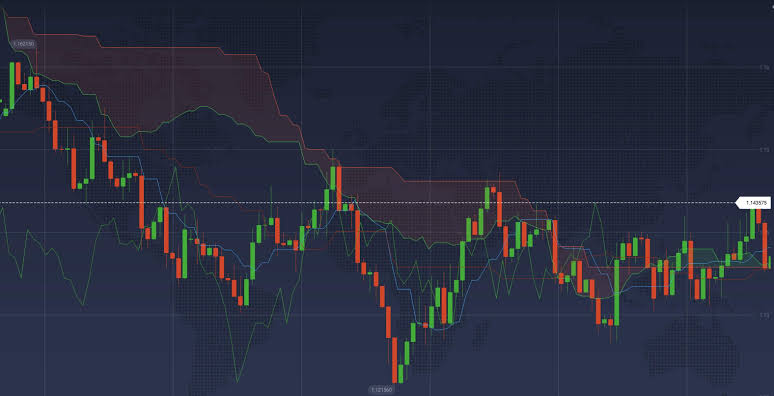The best strategies for trading options in Japan
Trading in Japan is a unique experience for most Americans. Since World War II, the country has been at the forefront of technology, manufacturing, and finance.
The Japanese economy is built upon a strong manufacturing sector that is often ten times larger than the nation’s real estate sector.
In recent years, however, there have been struggles within this structure and the global economic crisis of 2008-09.
While trading options in Japan can be lucrative with proper training and strategy, it is not for everyone.
High liquidity and volume are only possible in specific sectors during specific periods, usually when high market volatility or when expiry dates fall on significant dates such as holidays.
Even though trades may go through without hiccups, each option’s bid/ask spread can be four or more points.
As with other options orders, trade directionality can affect the final return of the investment.
It is even more complex when trading options in Japan because there are different strike prices for puts and calls and different expiry dates.
There are also specific tax laws that govern how transactions are handled within the country. All these factors must be considered before investing.
Advantages
One potential advantage of trading through a broker located in Japan is that electronically trades will have virtually no slippage.
Pricing may not always be favourable due to high fees and commissions, but transaction costs should rarely reach above half a point.
It is essential to thoroughly research any brokerage before trading options in Japan and go over all fine-print clauses included in the contract.
Because there is a wide variety of expiry dates to choose from when trading options in Japan, it’s essential to understand how each expiration will affect the outcome of your investment.
Weekly and biweekly expiries are suitable for short-term traders because they offer high liquidity.
However, monthly options offer higher payouts due to their longer lifespans.
There is also an additional advantage: even if the market moves quickly after buying a long-dated option, you can still make money on such contracts two weeks later (if it hasn’t expired by then).
If you’re holding onto a short-term option that has yet to expire, but you suspect that the market could move drastically, it may be a wiser choice to sell your contract early.
Although it is rare, there are cases where exchanges have been closed for certain holidays. If an expiration date falls on one of these days, transactions will not go through until the next business day.
Options trading
Options trading in Japan consists of two types: cash-settled and physically-delivered. Cash-settled options are bought or sold back at the prevailing price of the stock on that particular day’s close.
In contrast, physical delivery means transferring ownership of an underlying asset upon expiry.
Because both contracts are used for hedging strategies, they have very different risk profiles. Some investors like to take advantage of American-style short selling (via put options), while others prefer to gamble on a company’s future (by buying call options).
In Summary
- Trading in Japan is a unique experience for most Americans. –
The country has been at the forefront of technology, manufacturing and finance since World War II.
- There have been struggles within this structure and the global economic crisis of 2008-09.
- It is challenging for traders to find a broker that will allow them to trade options in Japan.
- It is crucial that you understand all tax laws, rules and fees before investing money into any online brokerage within the country.
- There are two types of investment strategies when trading options in Japan: cash-settled and physical delivery. Cash settlement means buying or selling shares at the end of the day’s price, whereas physical delivery means transferring ownership of an underlying asset upon expiry.
- One potential advantage of trading through a broker located in Japan is that electronically trades will have virtually no slippage. Pricing may not always be favourable due to high fees and commissions, but transaction costs should rarely reach above half a point.
All these strategies are available in Japan, but not all brokers offer them.
The Japanese exchanges will continue to evolve with the times, adopting new technologies and offering current investors more avenues for success.
If you would like to take advantage of this unique opportunity to trade options in Japan, it is best to consult your broker before making any decisions.
All these factors must be considered when researching a broker before trading options in Japan. Link to Saxo for more information.




